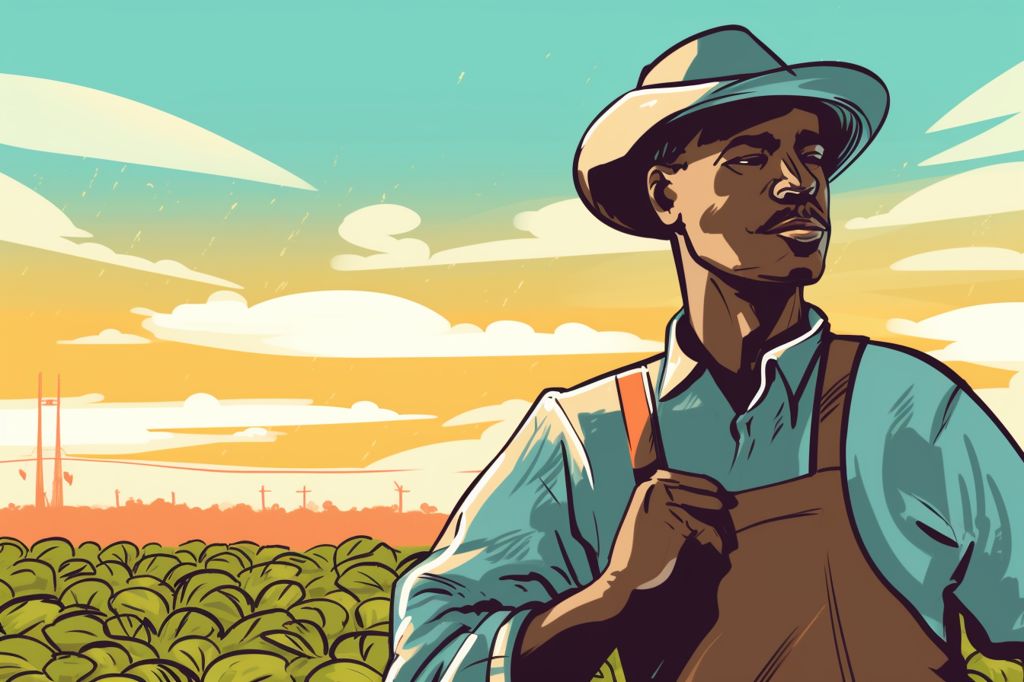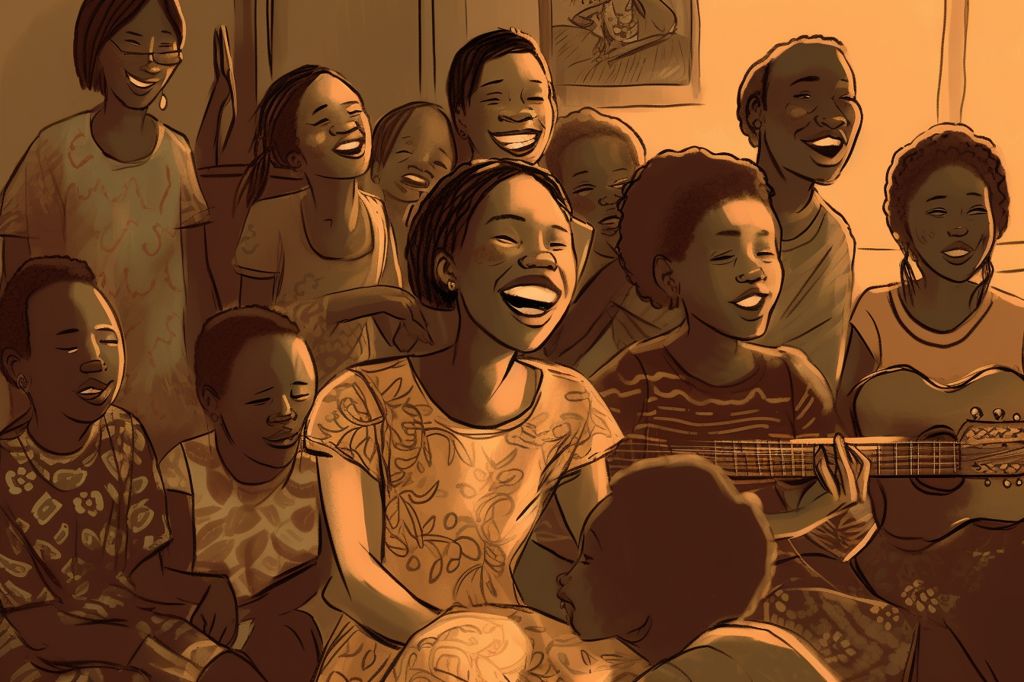South Africa’s agriculture industry is gearing up for the crucial winter crop season amid various challenges and opportunities.
Challenges Faced by the Agriculture Industry
Power Cuts
One of the biggest challenges is the recurring power cuts that threaten a third of the nation’s farming income. Irrigation requires a stable power supply, and any disruptions can have a significant impact on crop yields.
Weak Rand
Another challenge is the weakening rand against the US dollar. This prevents farmers from benefiting from the decline in US dollar prices of essential inputs like agrochemicals.
Opportunities for the Agriculture Industry
Favorable Weather Conditions
Despite the challenges, there are some positive factors, such as favorable weather conditions. This can help boost crop yields and prevent food prices from skyrocketing.
Drop in Input Prices
There is also a drop in input prices, which can help farmers save on costs and increase their profit margins.
Government Interventions
The South African government and power monopoly Eskom are working to alleviate power cuts during the winter. Various government interventions aim to limit the damage caused by the electricity crisis to food production.
If these measures are implemented effectively, South Africa can hope for a successful winter crop season despite the challenges faced by the agriculture industry.










